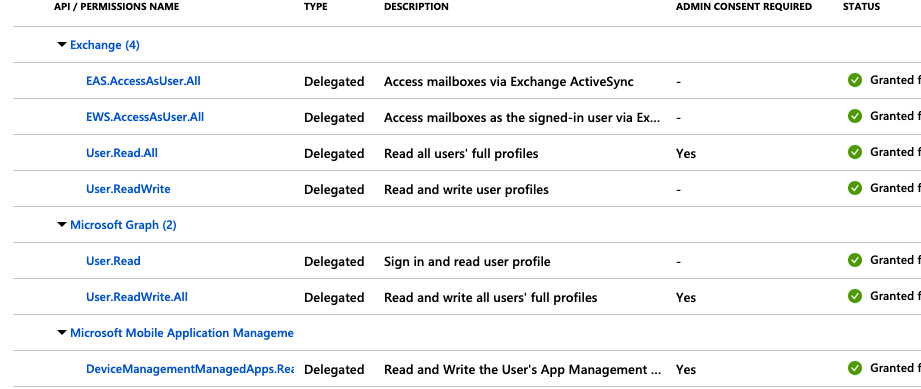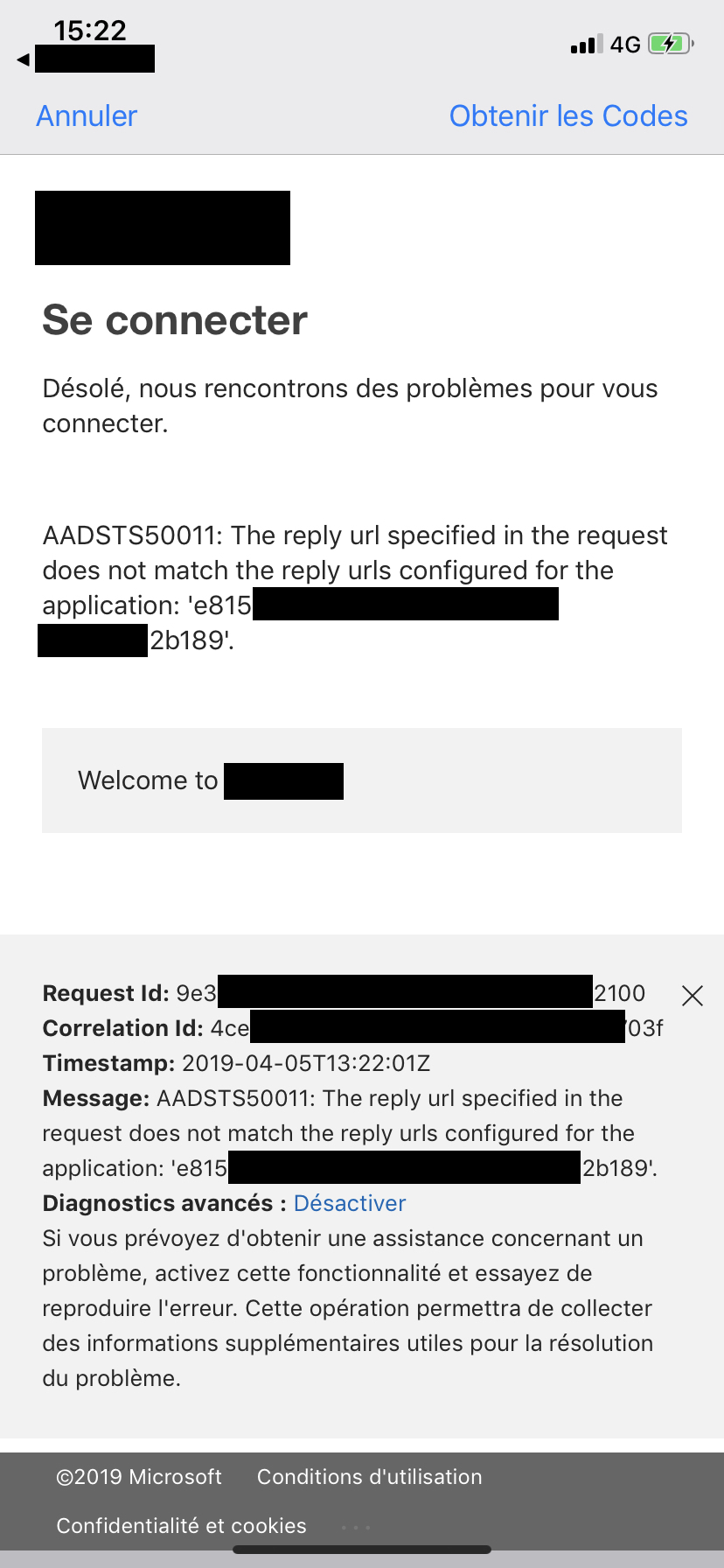Version 19.4.0
NOTE: We only support Intune App SDK version 17.0.0+ We recommend always staying up to date with the latest version.
See release notes for more information. GitHub users can recieve email notifications for new releases to this repo by clicking on Releases only from the "Watch" drop-down menu in the upper right-hand corner.
The Microsoft Intune App SDK for iOS enables data protection features and mobile app management via Microsoft Intune.
Before you install and use Microsoft Intune App SDK for iOS you must:
- Review the Microsoft License Terms Intune App SDK for iOS. Print and retain a copy of the license terms for your records. By downloading and using Intune App SDK for iOS, you agree to such license terms. If you do not accept them, do not use the software.
- Review the Microsoft Intune Privacy Statement for information on the privacy policy of the Intune App SDK for iOS.
See the Intune App SDK iOS Developer Guide on how to integrate the SDK into your iOS app.
Supported SDK, Xcode and iOS versions:
| Supported Intune SDK Version | Supported iOS Versions | Supported Xcode Version | Support Scope |
|---|---|---|---|
| 18.0.0+ | 15+ | 15 | Main release branch - supports all feature work and bug fixes |
| 17.0.0+ | 14+ | 14 (latest minor version) | High-priority security fixes only |







